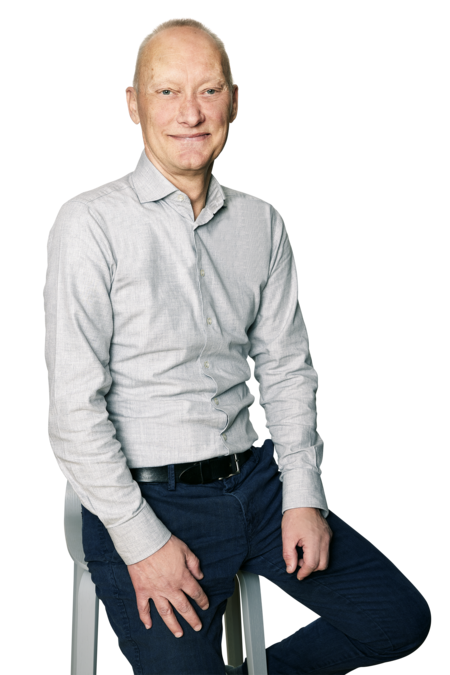Psychological distress and loneliness
When everyday life feels disjointed and it's challenging to regain the necessary structure after a period of mental distress, it's essential to seek the right help and find the path back from the losses that mental distress entails. How can one develop a new existence while respecting the new life circumstances?
These are significant questions that require collaborative efforts to solve.
Treatment from the regional health services or social support from the municipality can be crucial and necessary assistance for a shorter or longer period. At the same time, it's important to live life within evolving and content-rich communities where genuine and strong relationships help create significant transformative power to improve the individual's life situation.
VELUX FONDEN focuses on method development and cross-sector collaboration, particularly in the development and innovation of communities stemming from civil society's associations and organizations. Volunteer communities are essential components in creating increased agency and mastering one's own life opportunities. They can also offer a safe framework and help bridge to mainstream communities.
People with lived experiences of mental distress often express a lack of coherence and support during difficult transitions where the connection to everyday life needs to be maintained.
Collaboration across sectors can pose challenges at several levels, and the field calls for curiosity and courage so that more people can receive good and relevant rehabilitation and recovery focusing on anchoring and retention.
For many years, VELUX FONDEN has supported the development of new initiatives in civil society aimed at preventing and reducing mental distress. We now invite method development focusing on the interaction between civil society initiatives and the public sector. This time, we place particular emphasis on involving the target group and on thoughtful considerations regarding recruitment and retention in civil communities, which can increase participants' opportunities to continue being active citizens. We expect that the project ideas are sought after by people with mental vulnerability and that there are clear considerations about who the project's activities are relevant for, what changes the project's target group wishes to create in their lives, and how it can be realized through the project's activities. In other words, we expect that together with the project's target groups, you have insights into the barriers to participation today and what it takes for individuals to have the desire and courage to participate and continue participating—or return after a difficult period. What are your assumptions about what happens in communities that foster development, change, and direction for each participant?
We aim to support curious projects that can develop new and better methods for creating bridges and transitions between public initiatives and civil society, so people experiencing mental distress can maintain participation in everyday community life or return to it.
Status
Closed
Collaborative arrangements between a civil society organization and a regional and/or municipal actor may apply. Associations and organizations must include their statutes and the latest annual financial statements.
In our assessment of the submitted project proposals, we emphasize the following:
- The project's methods and activities are based on a perceived need within the target group, and the target group is involved in the development and implementation of the project.
- The project's target group is clearly described. Who is the project relevant for?
- It is clear what challenge the project aims to address, i.e., what change the project's activities support for the individual.
- The project's development of a new method to enhance well-being and agency among citizens is evident.
- The project's methods and activities are based on a perceived need within the target group. It is clear what experiences you have today and what you need to develop during the project period.
- It is described how the interaction between civil society and the public sector will be developed and how it is expected to benefit the target group.
- Projects must be evaluated with an external impact evaluation to gather the project's learning and methodological results.
- Expenses for the external evaluation are included in the budget.
Under the theme call, support is not provided for therapy, pure research projects, construction or renovation of buildings, or continuation of existing initiatives.
In the initial stage, you are required to submit a brief description of your project proposal. A panel of experienced experts, individuals with lived experiences of mental distress, will assist the foundation in selecting which project ideas will be invited to submit a full application.
April 2, 2024: Deadline for submitting project proposals.
April 18, 2024: All applicants will receive a response to their project proposals.
Experienced experts with personal experience of mental distress will assist the foundation in assessing and selecting which project proposals will be invited to submit a full application. Project development funds of up to 75,000 DKK are offered to develop a full application, to strengthen the applicant's ability to genuinely involve the project's target group in the development of the application and to establish collaboration between the project's partners in civil society and the public sector.
June 20, 2024: Deadline for submitting full applications.
October 8, 2024: Applicants who have submitted full applications will receive a final response.
We look forward to receiving your project proposals.
To-do: Add function to entity logic that handles channels with no sub-area parent
Contact
Ane Grubb
Senior Adviser
Jimmie Gade Nielsen
Senior Adviser

